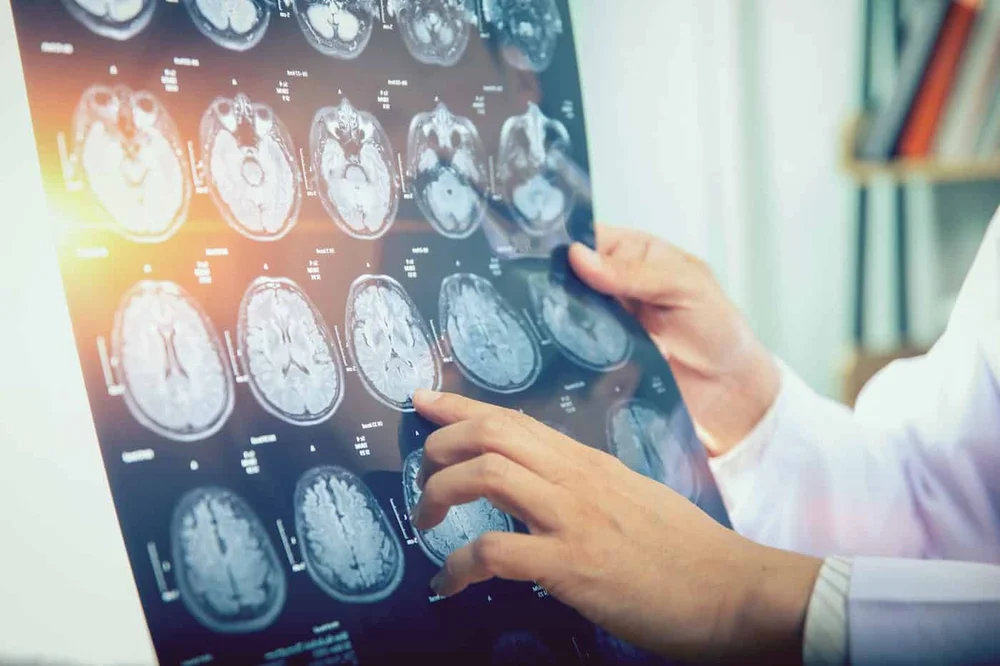What You Need to Know About Brain Aging
Did you know that the adult brain loses an average of 85,000 neurons every day?
In early childhood, the brain is very active, growing new neurons and developing new connections between synapses. Older adults have significantly less activity in the brain. As we get older, our muscles tend to atrophy, and a similar process takes place in the brain.
What Causes Brain Aging?
Though each person’s brain ages at a different rate, numerous factors can bring about premature brain aging, such as:
- An unhealthy lifestyle
- Excessive stress
- Poor circulation
- Little or no exercise
- Being overweight
- Inadequate nutrition
- Lack of sleep
- Head injuries
- Smoking, alcohol, recreational or prescription drugs
- Health struggles and illness
The good news is that it’s possible to avoid or alleviate these issues. Regardless of how you’ve treated your brain in the past, you can improve your cognition and memory, and slow down brain aging. No matter what season of life you’re in, the status of your brain reserve may determine how quickly your brain ages.
Brain Reserve
One of the best ways to understand brain aging is through a concept Dr. Daniel Amen calls “brain reserve.”
Brain reserve is the extra cushion of brain function that can help you deal with challenges. In general, the more brain reserve you have, the more resilient you will be, and the better your brain will handle the aging process.
A growing body of science shows that even before you were conceived, your parents’ lifestyle habits were laying the foundation for your overall physical and mental health and well-being. Whether good or bad, your parents’ habits (i.e., non-smoker/smoker, good/poor diet, etc.), affected your brain reserve. Of course, your daily habits and behaviors can either increase or deplete your brain reserve as you continue aging.
How to Slow the Brain Aging Process
To slow the aging process, you need to love your brain, avoid the things that hurt your brain, and do the things that help your brain. Though easy to understand, those three steps are extremely difficult to implement. That’s why it’s important to adopt daily habits that can protect your brain from the things that can harm and age it.
There are many things you can do to preserve your memories, prevent cognitive decline, and improve your brain health as you grow older. In addition to consistent physical exercise, a healthy diet, and quality sleep, here are some other ways to prevent brain aging…
3 Ways to Protect Your Brain from Premature Aging

1. Build Strong Connections
Building a community of friends is extremely important. Good friends can have a positive effect on your health, while unhealthy friends can have the opposite effect. Studies have found that healthy friends can help lower your risk of cognitive decline, protect against memory loss by providing emotional and mental stimulation, and promote longevity.
Work on developing friendships with new people. You can exchange ideas and gain new perspectives when surrounding yourself with positive and interesting individuals. Be sure to spend time with people who encourage and challenge you.
2. Learn Something New
One of the best ways to expand your horizons is to continually engage in new learning. When you stop learning, your brain starts dying. Your brain is like a muscle – the more you use it, the stronger it gets.
When you learn something, new neural connections are created, which improves your capacity to remember. Regardless of your age, mental exercise has an overall positive effect on your brain. Set aside 15 minutes in your day to learn something new.
3. Get Nutritional Support
You can improve your cognition and memory with healthy habits. One of the best ways to prevent brain aging is with high-quality vitamins, minerals, and nutrients. Developing a daily supplement routine is nutritional insurance for overall wellness.
BrainMD is proud to offer several highly effective, ultra-pure supplements, formulated to naturally boost your cognition and memory.
- Brain Curcumins– Brain Curcumins provides the three major curcumins as the Longvida® preparation, which is very well absorbed. Longvida® helps fight physical fatigue and maintain a healthy mood and cognitive functioning. It also supports working memory while under mental strain.
- Brain & Memory Power Boost– Brain & Memory Power Boost contains a lineup of powerful nutrients clinically proven to help protect circulation in your brain, boost mental connectivity, sharpness, and sustained focus.
- Bright Minds Memory Powder– Bright Minds Memory Powder is an advanced memory-directed supplement formula that you can drink! Just one glass daily is all it takes to fuel your brain with crucial vitamins and minerals to help you feel energized, focused, and mentally sharp all day long.
- NeuroPS– Improve your memory of names, faces, numbers, and words. NeuroPS contains phosphatidylserine (PS), the most proven nutraceutical for the brain.
- Omega-3 Power– Boost your cognitive function, positive mood, heart, and whole-body health with ultra-purified, highly concentrated Omega-3 Power.
Implementing these tips can help slow brain aging and support your cognition and memory.
At BrainMD, we’re dedicated to providing the highest purity nutrients to improve your physical health and overall well-being. For more information about our full list of brain healthy supplements, please visit us at BrainMD.
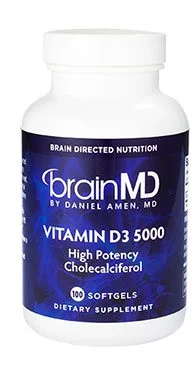
|
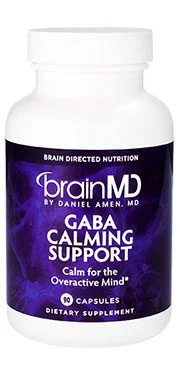
|
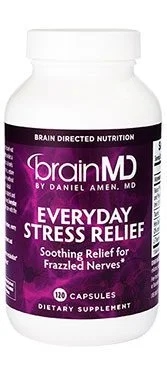
|
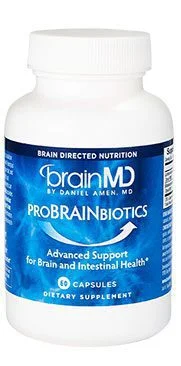
|
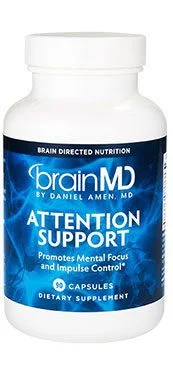
|
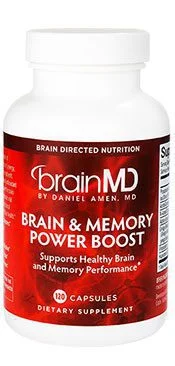
|
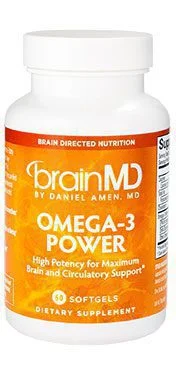
|
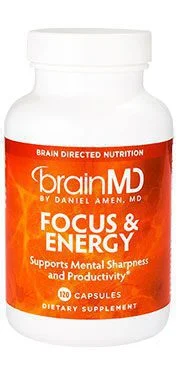
|
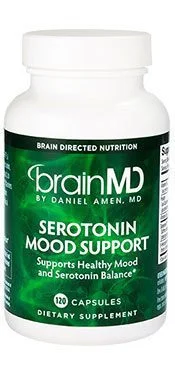
|
- This Is What You Need to Know About HBOT
Medically Reviewed by Dr. Nicole Avena - April 22, 2024 - Hormone Changes in Men: How to Know If You Have Low Testosterone! - April 15, 2024
- This Is What You Need to Know About EMDR Therapy! - April 11, 2024
